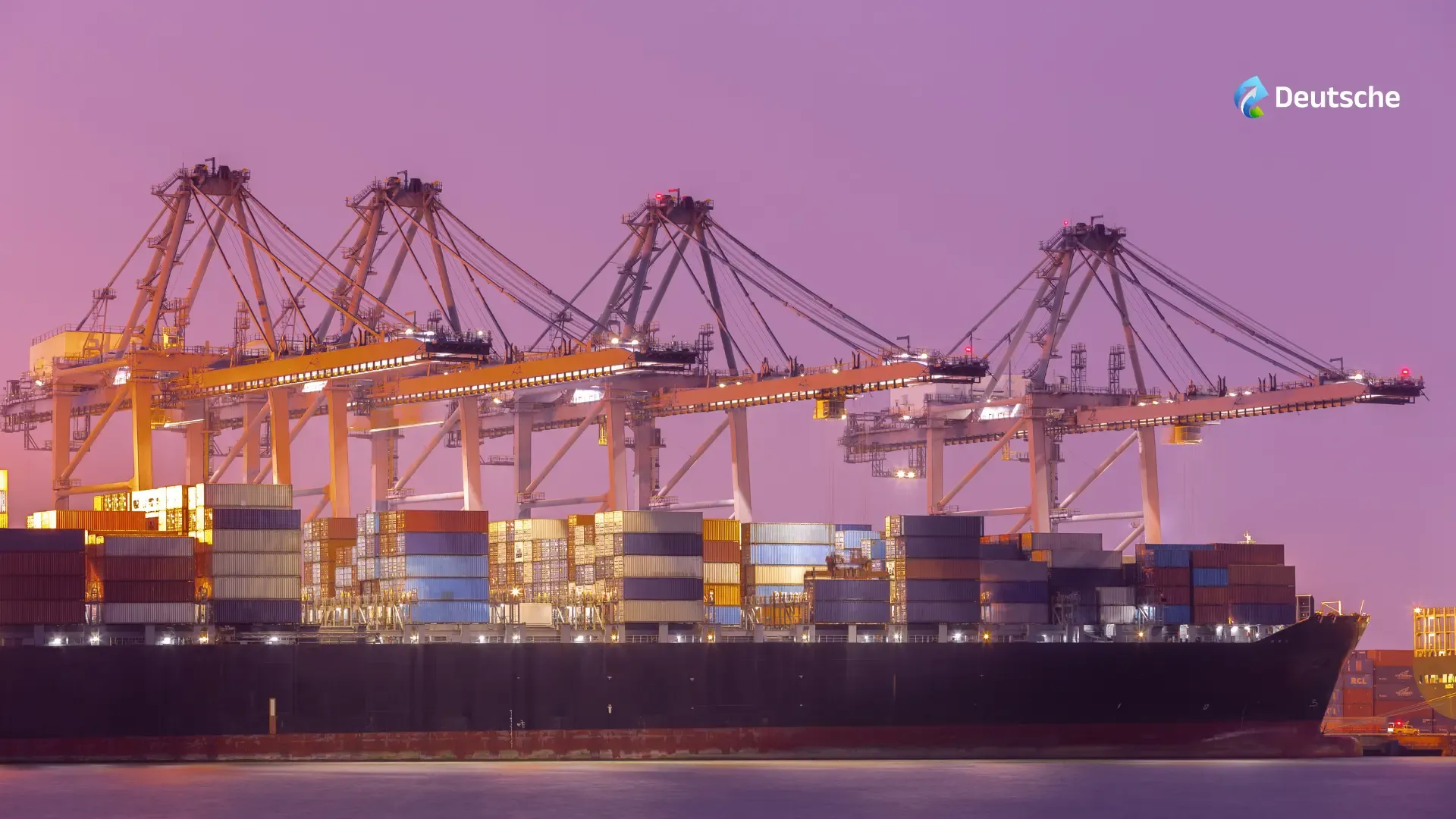How Can Shipping Industries Prepare for IMO Regulations 2025
A significant step towards becoming more environmentally friendly and sustainable is being taken by the shipping and maritime sector as it enters new regulations under the International Maritime Organization (IMO).
Recently I had a discussion with my clients regarding this, and from my perspective, this is a greater milestone for the shipping industries to align with the sustainability goals in 2025. Because, as you all know, the shipping industry is central to all forms of global transportation, these regulations represent a significant step toward better climatic conditions for this sector.
The IMO regulations are about to go into effect, and it will be beneficial for businesses to be aware of the changes and respond beyond technical compliance. In my view, these regulations have a double significance, as they are legally enforceable under MARPOL Annex VI, and they are strategically important to long-term competitiveness.
As per the regulations, ships above 5,000 gross tonnage are soon going to face inflexible monitoring, fuel standards, and emissions caps. If you believe that there will be no consequences if you do not properly comply with these regulations. Because penalties will be imposed if the rules are not followed properly, such as fines, restricted port access, and increased financing risks for industries.
I often tell clients that adhering to compliance is not an option, whereas it should be considered as a foundation for survival in today’s interconnected trade systems. But, beyond the legal obligations, the bigger picture to consider is the opportunity for shipping companies to use sustainability to their advantage.
For Shipping Companies the Implications are Clear
- Legal compliance is non-negotiable. Once incorporated into MARPOL Annex VI, the framework will carry binding force across IMO member states. Ships above 5,000 GT will be subject to increased oversight, reporting, and fuel-use obligations, and not strictly adhering to them will result in penalties.
- There will inevitably be financial repercussions. It will cost money up front to retrofit vessels, convert to alternative fuels, and meet efficiency goals. However, not adapting could result in loss of access to international trade routes, increased insurance costs, and loss of investor confidence.
- Those who take action early will have opportunities. Green finance, tax incentives, and improved efficiency of operations are all advantages for companies that adopt sustainable shipping practices. Organizations that lead the way in compliance will also gain a competitive advantage as global clients increasingly prioritize ESG requirements.
IMO 2025 Regulations Are Crucial for Future Sustainability
This change is one of the improvements to a greener and more sustainable shipping environment, which I think is efficient. In addition, IMO, the 2025 framework serves as a catalyst rather than a barrier. It challenges the shipping industry to reimagine itself as leaner, greener, and more resilient. And the real question I ask every business leader I advise is this: will you prepare in time, or risk falling behind?
If you are in the shipping business, this is a reminder that shipping has to go in line with the overall global pledge to attain net-zero emissions by 2050. Hence, from my view, consulting professionals who are specialists in this line of business would be a plus.
Deutsche Consulting views itself as a partner in preparedness. Our commitment is to assist shipping businesses through:
- Performing immediate compliance audits to flag risks and bridge gaps.
- Strategic planning to revise governance structures, vendor agreements, and
sustainability policies. - Long-term advisory assistance as regulations change, to help businesses stay agile and
compliant.
Global trade has always relied heavily on the maritime industry. As a result, it is now responsible for acting as a guardian of sustainability. The IMO 2025 rules offer an opportunity to set new benchmarks for resilience, innovation, and responsibility rather than just hurdles to be hurdled.
In my experience, I believe that the implementation of IMO 2025 is a strategic choice that will determine the winners and losers among global shipping companies rather than a legal one.
